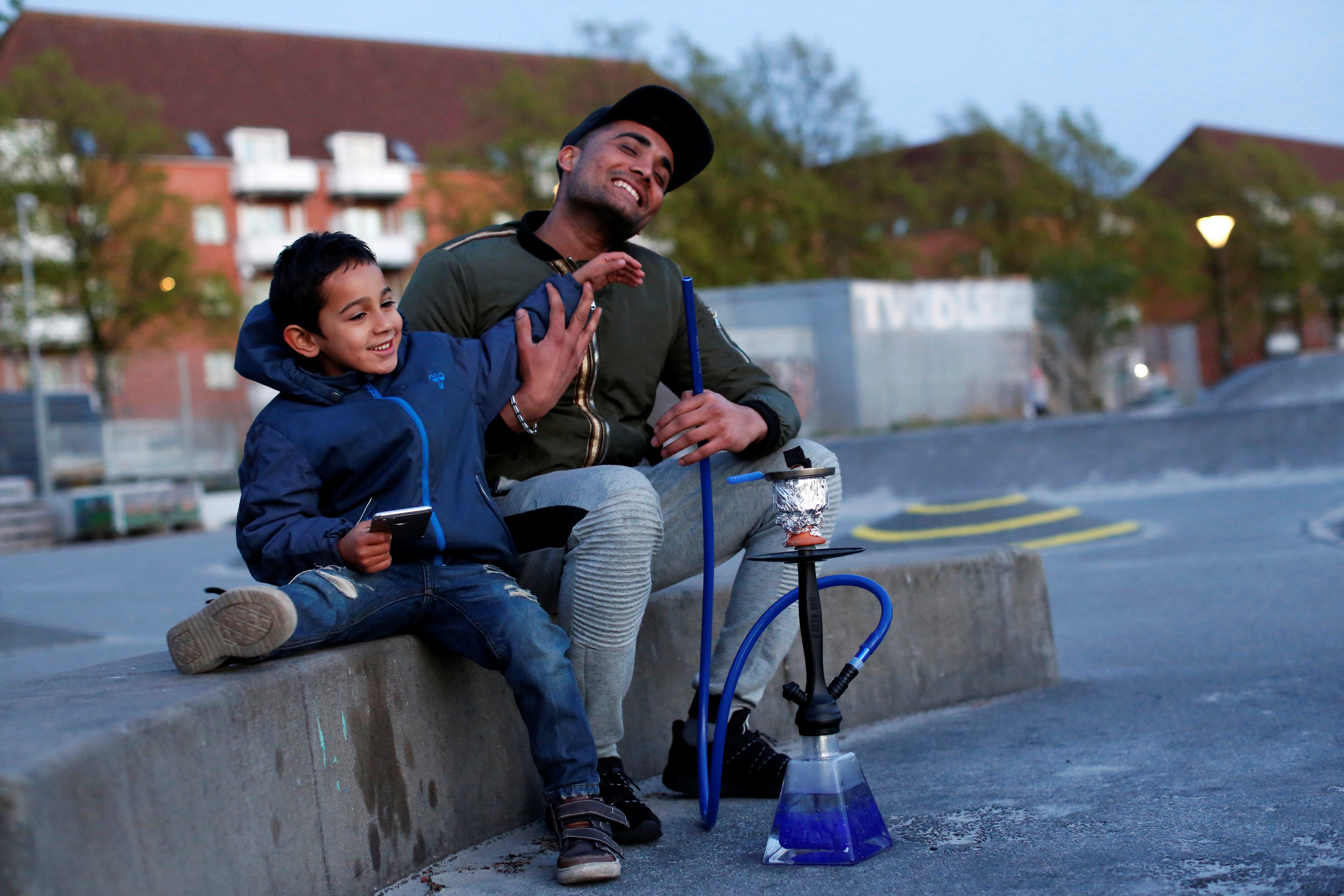Denmark’s new policy mandates integration in low-income neighborhoods inhabited by mostly “non-western” immigrants through reeducation, demolition, and policing.
The goal: a massive social engineering project to dismantle immigrant enclaves and force integration into Danish society. The policy will require young children from these neighborhoods to spend 25 hours a week in preschools to learn the Danish language and values.
In practice, the policy will look an awful lot like gentrification in the US, only driven by the government. Residents of low-income neighborhoods, where at least half the population is of non-Western descent, will be forced to leave their homes, and thousands of apartments will be sold to private investors and demolished. In their wake, housing catering to wealthier residents will be built to incentivize social mixing.
Critics are calling the policy ethnic discrimination and say it is unnecessary in a country where the generous welfare system minimizes income inequality, crime, and poverty. Nevertheless, it has broad support across the political spectrum.
Denmark, like countries throughout the European Union, is seeing its expansive welfare state challenged by the influx of migrants from Ukraine, Africa, and the Middle East in recent years. The influx has led to a rightward tack in migration policy across the continent.
